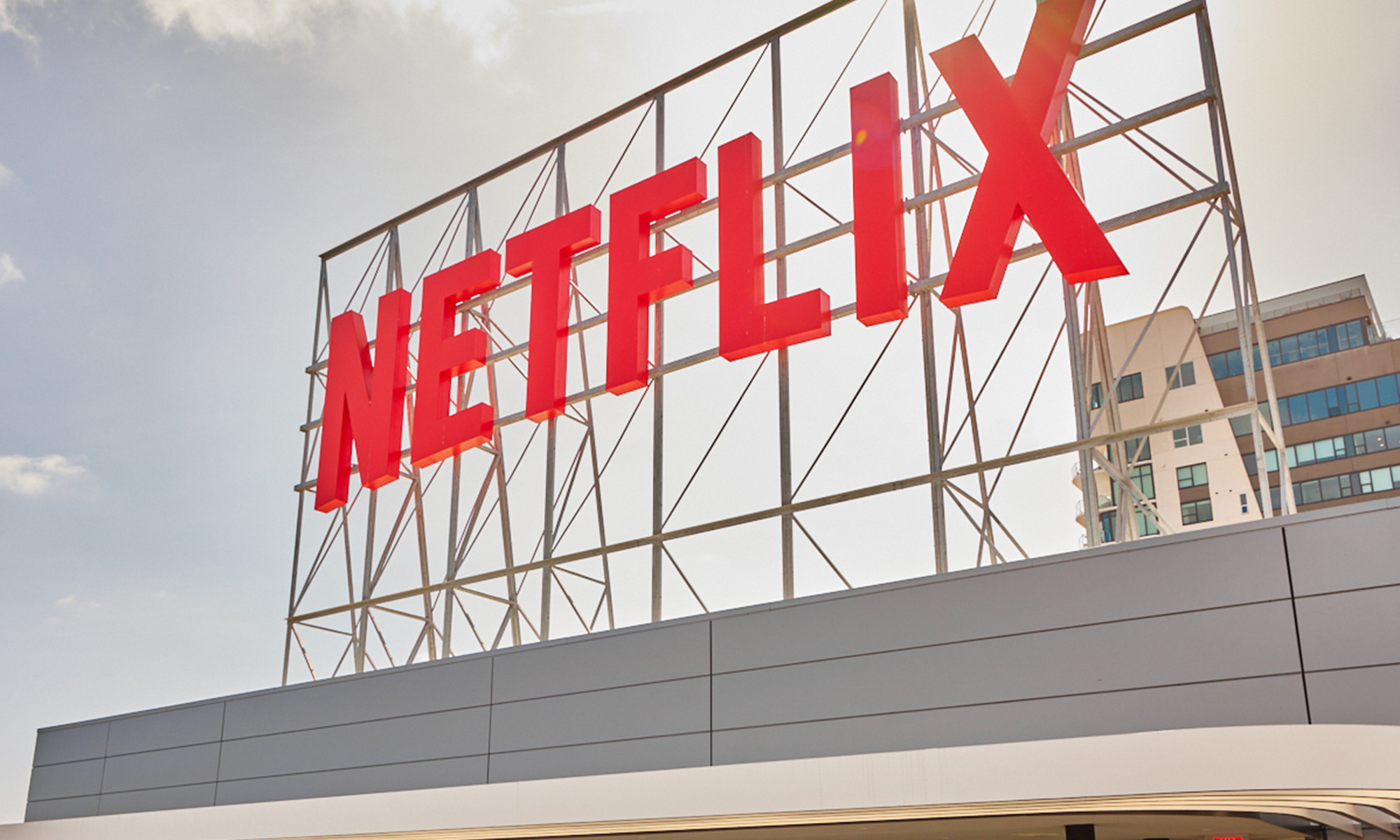
Image source: ESPN.
Disney (NYSE: DIS) is going through a tough period. Shares of the entertainment powerhouse are down by nearly 20% from their highs during the past year on the back of growing concerns about falling ESPN subscribers. This is an important risk factor to watch, however, chances are that the short-term uncertainty in Disney stock is creating a buying opportunity for long-term investors.
The reasons behind the decline
Disney generates nearly half of its operating profits from the networks division, and ESPN is a huge contributor in this important segment. Consumers around the world are increasingly cutting their cable subscriptions and relying on streaming services such as Netflix (NASDAQ: NFLX) for most of their media and TV consumption. This is hurting ESPN, and the sports network is losing subscribers over time. According to Disney's financial reports, ESPN has approximately 92 million subscribers as of Oct. 3, 2015 -- a considerable a decline from 95 million a year ago and 99 million subscribers two years ago.
Cord-cutting is a very real phenomenon on a global scale. Netflix has been rapidly gaining ground over the last several years, and there is no slowdown in sight for the online-streaming leader. Management is expecting to end the fourth quarter of 2015 with 74.3 million streaming members around the world, a big increase versus 57.4 million members as of the end of 2014.
Furthermore, Netflix is accelerating its international expansion plans on the back of encouraging global demand. Netflix management had said in 2015 that the company was planning to reach 200 countries by 2017, but it recently announced during the Consumer Electronics Show that its service is already present in over 190 markets. Judging by Netflix's rapid expansion, streaming is a real phenomenon on an international scale, and it's clearly gaining strength in different markets.
Are concerns overrated?
There is a very real possibility that ESPN revenue will remain under pressure in the coming quarters, but this does not mean that the business is doomed over the long term. ESPN is the undisputed leader in sports media. According to management, 83% of all multichannel households turned to ESPN at some point during the first quarter of 2015. Also, 96% of all sports programming is watched live, and this is a big advantage when it comes to advertising value.
Disney CEO Bob Iger said in an interview with CNBC in June that the company is considering the possibility of selling ESPN directly to consumers, just like Time Warner (NYSE: TWX) is doing with HBO via its HBO NOW over-the-top service.
Time Warner is just in the initial steps in this business, but management sounds quite optimistic about the long-term potential: "While it's very early and we have a lot of work ahead of us, the early results for HBO NOW point to a significant long-term opportunity," said Time Warner CEO Jeff L. Bewkes in the latest earnings conference call.
In fact, Time Warner is now expanding HBO as a stand-alone streaming service in Latin America, so management is putting its money where its mouth is. If Time Warner is succeeding at adapting HBO to the streaming revolution, there is no reason to expect Disney to fail when it comes to ESPN.
Consumers are already increasingly engaging with ESPN via digital platforms such as the WatchESPN mobile app. During September alone, the company registered 94.4 million fans spending 10.3 billion minutes engaging with ESPN via digital platforms, setting a new record for unique visitors and engagement in the sports category.
As long as consumers want to keep watching top-quality sports programing, ESPN will remain an incredibly valuable asset for Disney. Transitions generally take time, money, and effort, but Disney has the resources and human talent to continue thriving under the cord-cutting revolution.
Don't miss the enchanted forest for the dry trees
Cord-cutting is a major trend to watch going forward, and it will probably continue having an impact on ESPN's numbers in the coming quarters. But content is king in the industry, and ESPN is the heavyweight champion when it comes to high-quality sports content, so Disney will probably continue reaping big profits from ESPN over the long term.
Besides, Disney's other business segments continue firing on all cylinders. Star Wars: The Force Awakens is already a record-smashing success, and it will open the door to many promising opportunities in the coming years -- not only more movies from the same franchise, but also in areas such as toys and merchandising, home entertainment, and even attractions at the company's parks.
Disney is arguably the most powerful entertainment company in the world, and the company will most probably continue performing well in years ahead, even if ESPN will face important headwinds due to the cord-cutting revolution. The lower Disney stock goes in the short term, the bigger the buying opportunity for long-term investors.







